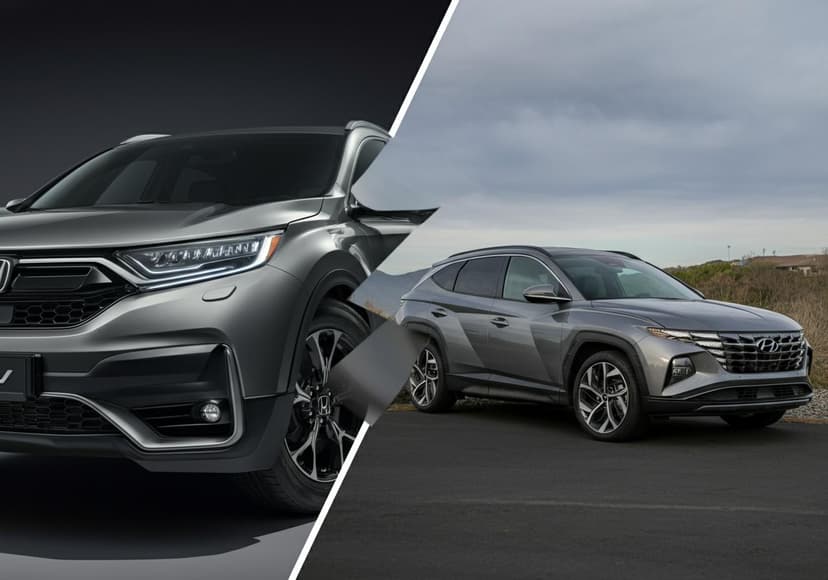Checking Your Oil
Routine car maintenance is vital for engine health. Regularly inspect oil levels to ensure smooth operation.
Why Checking Your Oil is Crucial
Regularly checking and changing your oil is essential for maintaining the health of your vehicle's engine. Oil acts as a lubricant, reducing friction among the moving parts and preventing overheating. Without sufficient oil, you risk permanent engine damage that could lead to costly engine repair bills. Keeping an eye on oil levels can save you from unexpected surprises down the line.
What Happens When You Ignore Oil Levels
Ignoring oil levels can lead to severe consequences. Low oil can cause increased wear and tear on your engine, leading to a myriad of issues, including oil sludge buildup or even a blown head gasket. If oil is not regularly changed, it loses its effectiveness and will fail to provide proper lubrication. If you're curious about engine maintenance, be sure to learn more about auto repair services that can help prevent such issues.
How to Check Your Oil
Checking your oil is a straightforward process. Make sure your vehicle is parked on a level surface and the engine is cool. Open the hood and locate the dipstick; this is typically a brightly colored handle that is easy to spot. Pull the dipstick out, wipe it clean with a rag or paper towel, and then reinsert it to check your oil level. If it’s below the recommended level, it's time for an oil change.
Choosing the Right Oil Change Schedule
The frequency of oil changes depends on several factors, including the type of oil used and the age of your vehicle. As a general rule, many manufacturers recommend changing your oil every 5,000 to 7,500 miles. However, if your car goes through tough conditions—like stop-and-go traffic or extreme temperatures—you might need to change it more frequently. To help you refine your schedule, check out some valuable resources like the tips provided by the Texas Attorney General.
Understanding Oil Types and Recommendations
Not all motor oils are created equal. There are many varieties, including synthetic, semi-synthetic, and conventional oils. Synthetic oils offer superior protection and improved fuel efficiency but tend to be pricier. Always consult your owner’s manual for manufacturer recommendations; using the wrong type of oil can affect everything—from engine health to the effectiveness of transmission repair services.
Signs You Need to Change Your Oil
There are several signs your vehicle may give you that indicate it’s time for an oil change. If you notice a check engine light, dark or gritty oil on the dipstick, or even strange engine noises, these could be signals that your oil is overdue for a change. Ignoring these signs can lead to more serious repairs, including brake repair and suspension repair, which can significantly dent your wallet.
Other Maintenance Components
Regular oil checks also play a vital role in monitoring other vehicle systems. Through routine maintenance and oil checks, you can catch other potential issues early—like needing a tire replacement, alternator replacement, or starter replacement. Everything is interconnected, and a well-maintained engine can also reduce the odds of needing a radiator repair or any unforeseen problems that might crop up.
Extending Your Vehicle's Life
Maintaining oil levels and changing your oil regularly can substantially extend the lifespan of your vehicle. Engines that are well-lubricated and taken care of are less likely to require expensive repairs in the long run. Also, look into other crucial services like air conditioning repair to ensure you stay comfortable while driving. Regular maintenance isn’t just about oil; it includes checking the brakes, suspension, and overall vehicle condition.
Final Thoughts: Keep Your Engine Healthy
In summary, regularly checking and changing your oil is one of the simplest yet most vital tasks in vehicle maintenance. Stay aware of your oil levels, follow a recommended schedule, and don't hesitate to seek help for more complicated tasks. By doing this, you can avoid major repairs, such as head gasket repair or auto body repair. Protect your investment—keep your engine healthy with proper oil maintenance!
© 2023 Your Blog Name. All rights reserved.

Posts Relacionados

12 Best Crossover Suvs Of 2023
These top SUVs offer impressive versatility, spacious interiors, and advanced technology for various driving needs.

2023 Honda Cr V Vs Hyundai Tucson Which Is Better
Comparing SUVs like the Toyota RAV4 and Mazda CX-5 helps determine which offers better value.
3Rd Row Suvs An Online Guide
Find spacious SUVs, comparing features, fuel efficiency, and safety for family adventures and comfortable seating.